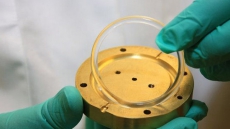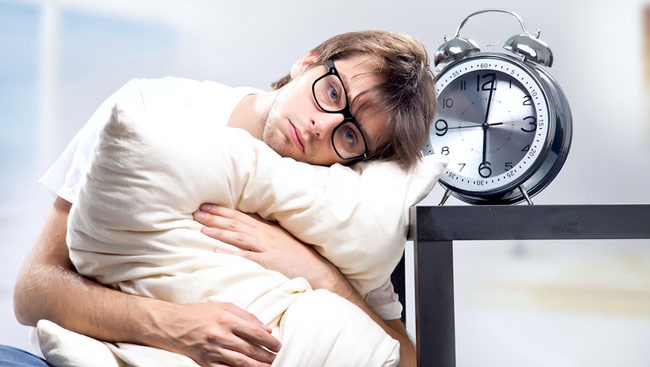Men are the "weaker sex" in terms of death and disability caused by osteoporosis as their bone health is simply being ignored by the healthcare systems, shows a study.
According to researchers, men are not being adequately diagnosed or treated for osteoporosis, with those suffering a hip fracture twice as likely to die compared to women.
"One-third of all hip fractures worldwide occur in men with mortality rates as high as 37 percent in the first year following fracture. This makes men twice as likely as women to die after a hip fracture," said lead study author professor Peter Ebeling, head of department of medicine at Monash University in Australia.
In the European Union, projections suggest that by 2025, the total number of fractures in men will increase by 34 percent to almost 1.6 million cases per year.
In the US, the number of hip fractures among men is expected to increase by 51.8 percent from 2010 to 2030, and in contrast the number among women is expected to decrease 3.5 percent.
Osteoporosis experts warn that as men often remain undiagnosed and untreated, millions are left vulnerable to early death and disability, irrespective of fracture type.
The report highlights that the ability of men to live pain-free lives in the old age is being seriously compromised.
Continued inaction will lead to millions of men being dependent on long-term healthcare and social care systems tested to the limit.
Often mistakenly considered a woman's disease, osteoporotic fractures affect one in five men aged over 50 years.
However, this number is predicted to rise dramatically as men are ageing fast.
John A. Kanis, president of the International Osteoporosis Foundation (IOF), said: "It is estimated that the lifetime risk of experiencing an osteoporotic fracture in men over the age of 50 years is up to 27 percent - higher than that of developing prostate cancer."
The report titled "Osteoporosis in men: why change needs to happen" is released ahead of World Osteoporosis Day Oct 20.






